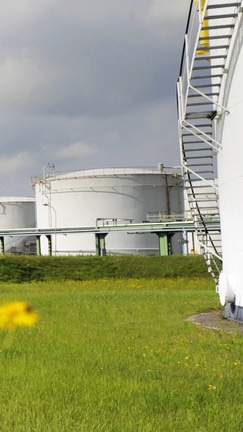Combination of using renewable energy and renewable raw materials in a biomass balance approach
The zero PCF is achieved by utilizing renewable energy in addition to the established biomass balance approach (BMB) in the production process at the Antwerp Verbund site. HySorb® B 6610 ZeroPCF is ISCC PLUS-certified.
“According to our customers, the short-term sustainability driver in the hygiene industry is a reduced carbon footprint. With HySorb® B 6610 ZeroPCF, we offer a solution that will help our customers in the hygiene industry in Europe, Middle East and Africa to achieve their own sustainability targets by enabling them to reduce their scope 3 footprint2. HySorb® B 6610 ZeroPCF is a drop-in solution, requiring no adaptation of a diaper production line and no compromise on product quality and performance, just like our existing HySorb® B 6610 BMB,” says Maraike Ahlf, Head of Global Marketing & Strategy SAP.
Herewith, we now offer HySorb® B 6610 ZeroPCF as well as HySorb® B 6610 BMB to support our customers’ sustainability transformation.




